Researchers are urging health authorities to immediately recognize the role of airborne transmission of COVID-19 virus droplets from an infected person beyond 1.5m in order to stem the disease’s spread.


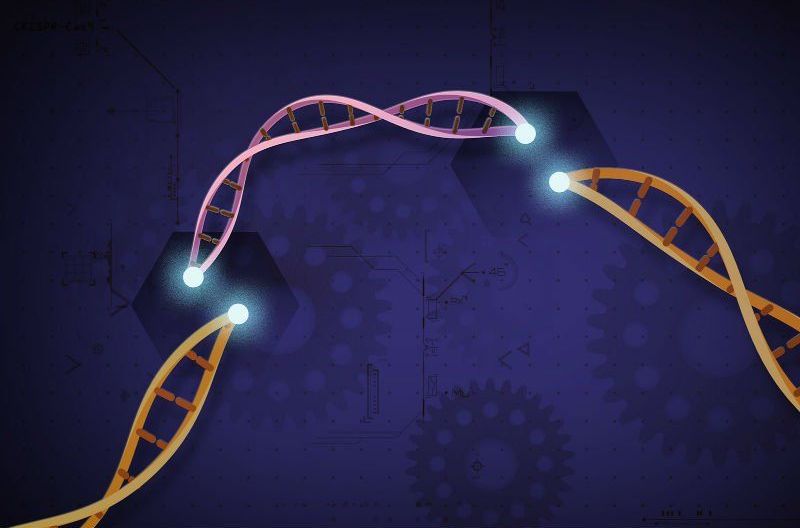
April 1, 2020
It was supposed to be an exciting time of next-gen science, where CRISPR gene editing was being used in the first series of human trials in the hope this tech could help cure a range of diseases.
But one of its proponents, CRISPR Therapeutics, has, alongside a growing number of biopharmas, admitted the spreading COVID-19 pandemic is starting to see it be “adversely affected.”
In a Securities and Exchange Commission filing Tuesday, the biotech said: “We are conducting a number of clinical trials for product candidates in the fields of severe hemoglobinopathies and immuno-oncology in geographies which are affected by the coronavirus pandemic.
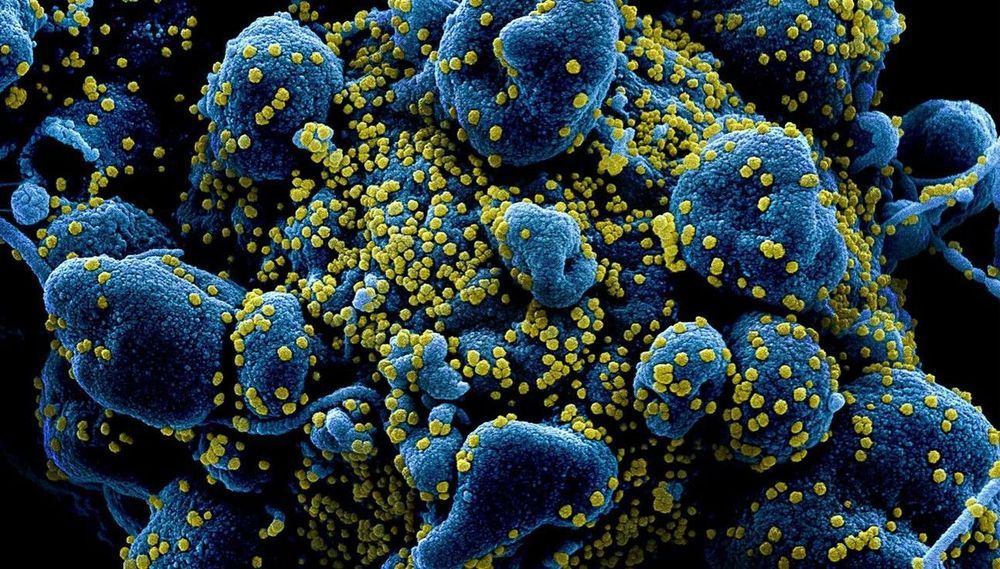
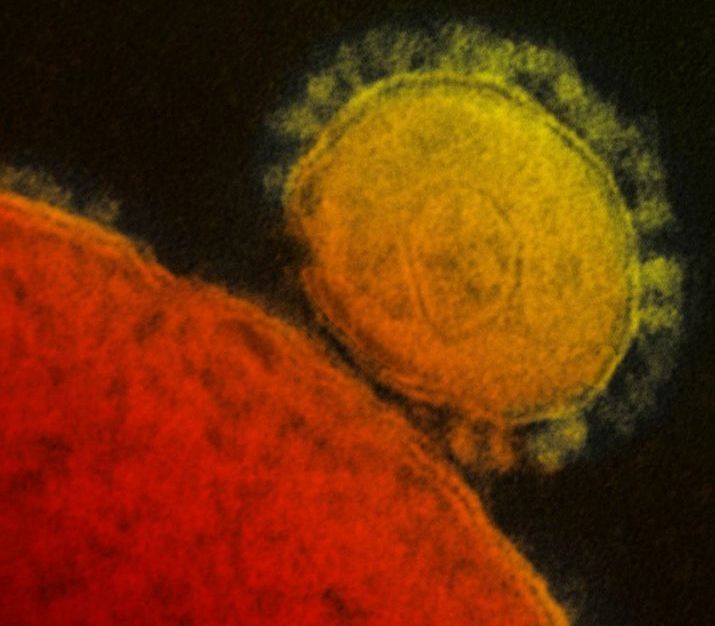
Circa 2015. The nature publishing has since been pulled down, but I am looking for it. I think I downloaded the pdf.
Infectious-disease researcher at the University of North Carolina at Chapel Hill, last week (November 9) published a study on his team’s efforts to engineer a virus with the surface protein of the SHC014 coronavirus, found in horseshoe bats in China, and the backbone of one that causes human-like severe acute respiratory syndrome (SARS) in mice. The hybrid virus could infect human airway cells and caused disease in mice, according to the team’s results, which were published in Nature Medicine.
Update (March 11, 2020): On social media and news outlets, a theory has circulated that the coronavirus at the root of the COVID-19 outbreak originated in a research lab. Scientists say there is no evidence that the SARS-CoV-2 virus escaped from a lab.
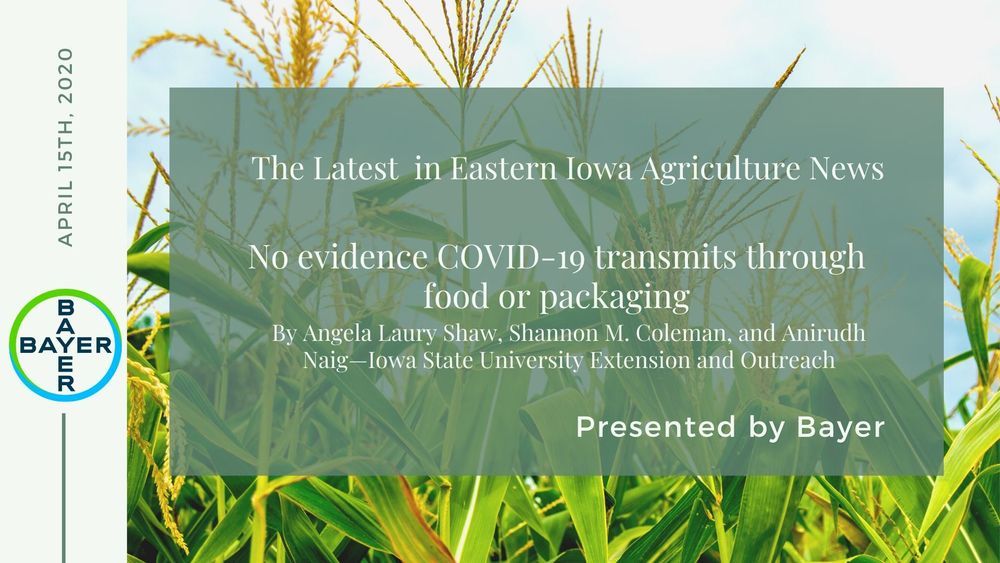
AMES, Iowa — Over the past month, false information about COVID-19 and food and food packaging has been reported in the media, websites and blogs, and shared through social media, note food safety and nutrition and wellness specialists with Iowa State University Extension and Outreach. Angela Shaw, Anirudh Naig, and Shannon Coleman want Iowans to know there is no evidence that COVID-19 is transmitted through food and food packaging.
Shaw is a food safety state specialist and associate professor in the ISU Department of Food Science and Human Nutrition. Naig is a food safety state specialist and associate professor in the ISU Department of Apparel, Events, and Hospitality Management. Coleman is an assistant professor and nutrition and wellness state specialist in the ISU Department of Food Science and Human Nutrition.
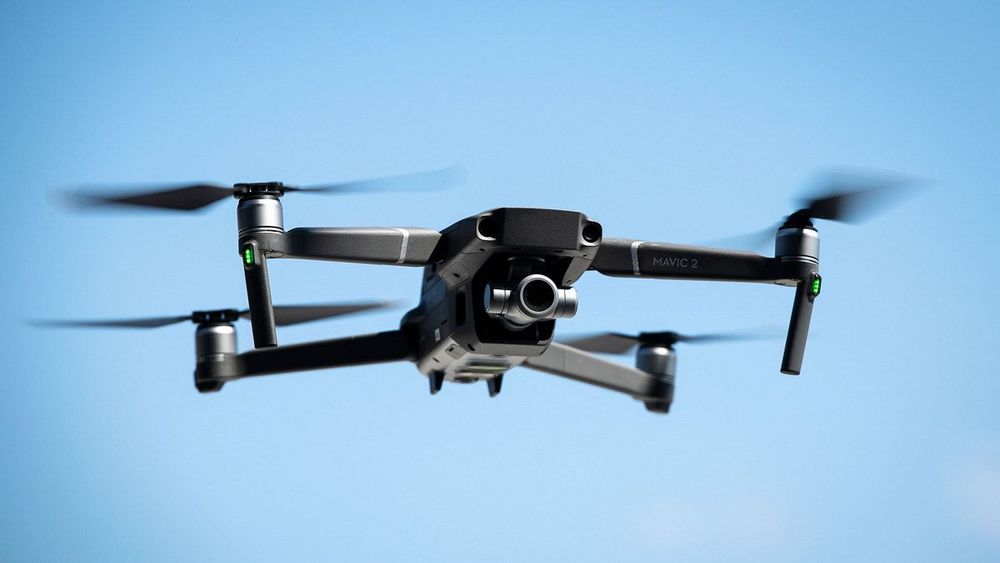
The cost of the sanitiser would be Rs 800, and the Army can turn out 10 pieces a day.
The third innovation is a 3D-printed mask priced at Rs 1,200 apiece. Other products being devised include thermal scanners and anti-aerosalination boxes to keep doctors safe. The boxes are made up of transparent acrylic sheets and kept over patients to protect doctors and other healthcare workers from infection. Holes cut into the box help medical staff administer treatment to the patient without coming into direct contact.
The Army is just one of several sections across Indian society that are trying to chip in for the country’s battle against coronavirus, from scientists who have banded together to bust myths to IITians churning out cost-effective and innovative solutions to ease the burden on the healthcare framework.
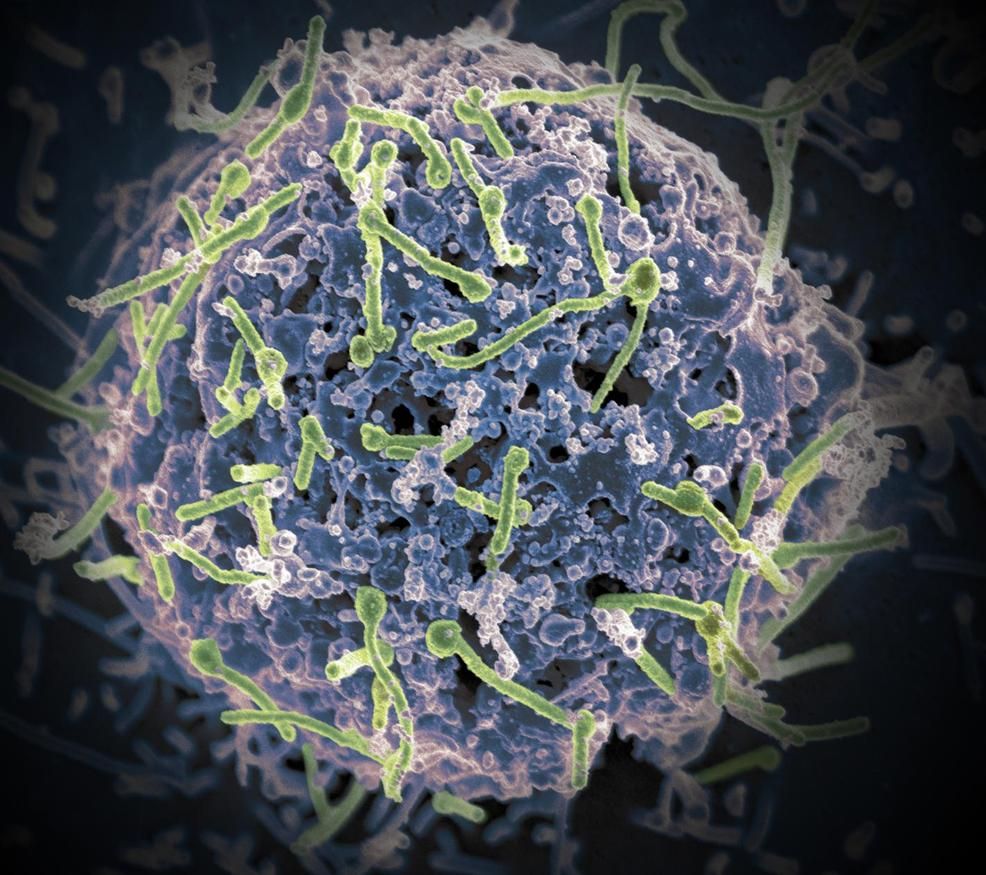
CINCINNATI — Infectious disease scientists report early development of a potential universal vaccine for Ebola viruses that preclinical tests show might neutralize all four species of these deadly viruses infecting people in recent outbreaks, mainly in Africa.
Scientists at Cincinnati Children’s Hospital Medical Center report their preclinical results in the Journal of Virology, published by the American Society for Microbiology.
Although still in early preclinical testing, researchers report that their data indicate that the prospective vaccine has potential to be a stand-alone protection from Ebola. It also could broaden and extend the durability of protective immunity induced by current live vaccines already being tested in clinical trials against individual Ebola virus species, said Karnail Singh, PhD, the study’s co-principal investigator in the Division of Infectious Diseases.

Nobody can be “completely certain” that it is possible to find a vaccine for Covid-19, but the prospects are “very good”, according to a scientist who is leading a team attempting to develop one.
Sarah Gilbert, Professor of Vaccinology at Oxford University, said they hope to begin clinical trials towards the end of next week.
And she said that alongside these trials, preparations need to be made to manufacture the vaccine in large amounts.
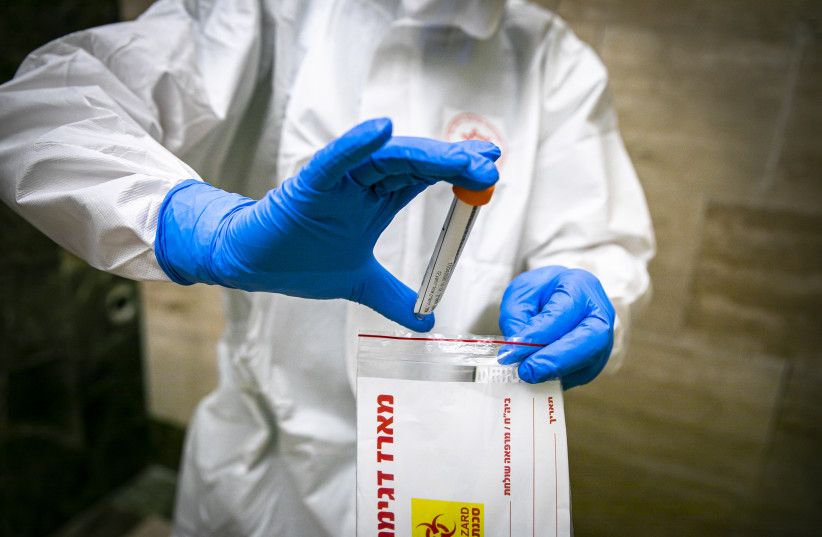
Even so, a vaccine would still take more than a year to develop, he said.
Gershoni, who has studied the family of viruses for 15 years, said that he was recently granted a patent by the United States Patent and Trademark Office for his vaccine design. He explained that the vaccine intends to target the virus’s Receptor Binding Motif (RBM), a critical weak point which allows the virus to attach itself and infect a target cell.

A teenaged Muslim boy from Lucknow who was allegedly beaten up by policemen while he was trying to buy food has succumbed.
The slain has been identified as Mohammad Rizwan, he has become the first fatality from purported police high-handedness in enforcing the lockdown in Uttar Pradesh.
Rizwan’s father, Mohammed Israil, said his son had felt very hungry on Thursday night.